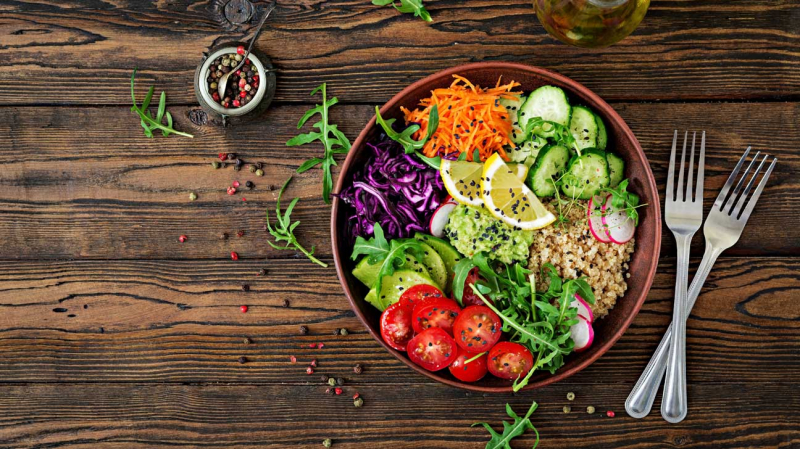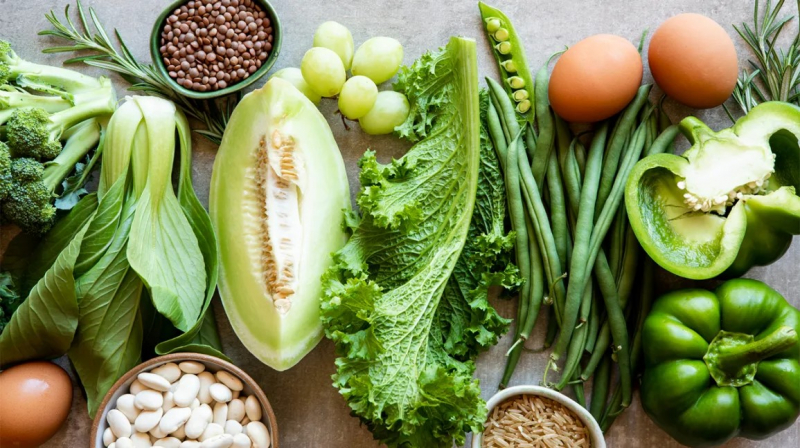Vegan and vegetarian diets

All meat, including poultry, red meat, and fish, is prohibited on vegan and vegetarian diets. Vegans strictly avoid all ingredients derived from animals, including dairy, eggs, bee pollen, honey, and gelatin. While some vegetarians use various types of animal products, such as eggs and dairy, vegans do not. These diets instead place a focus on fruits, vegetables, whole grains, beans, lentils, soy products, nuts, seeds, and plant-based oils and fats.
The large percentage of plant-based foods in vegan and vegetarian diets has various positive health effects. These diets, for instance, frequently contain a lot of fiber, antioxidants, and anti-inflammatory substances, all of which are good for heart health. Furthermore, regular consumption of tofu and other whole soy products has been linked to improved heart health. Consuming soy protein considerably lowers LDL (bad) and total cholesterol levels, according to a study of 46 studies. In addition, a regular diet of tofu and isoflavones, antioxidants found in soy, was associated with a slightly lower risk of heart disease in observational research involving over 200,000 people. Numerous other studies have discovered that vegetarian and vegan diets greatly reduce heart disease risk factors such as high blood pressure, high cholesterol, obesity, and uncontrolled blood sugar levels.






